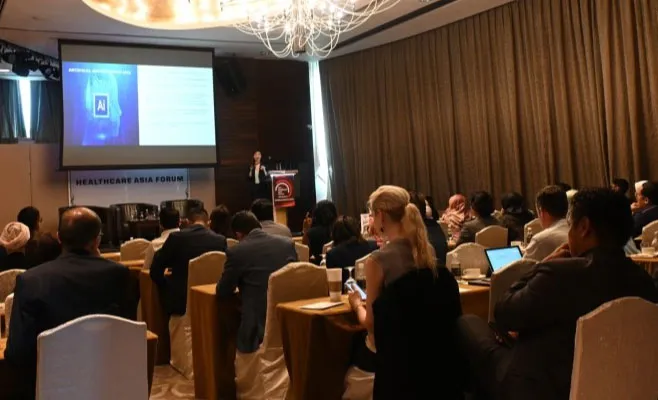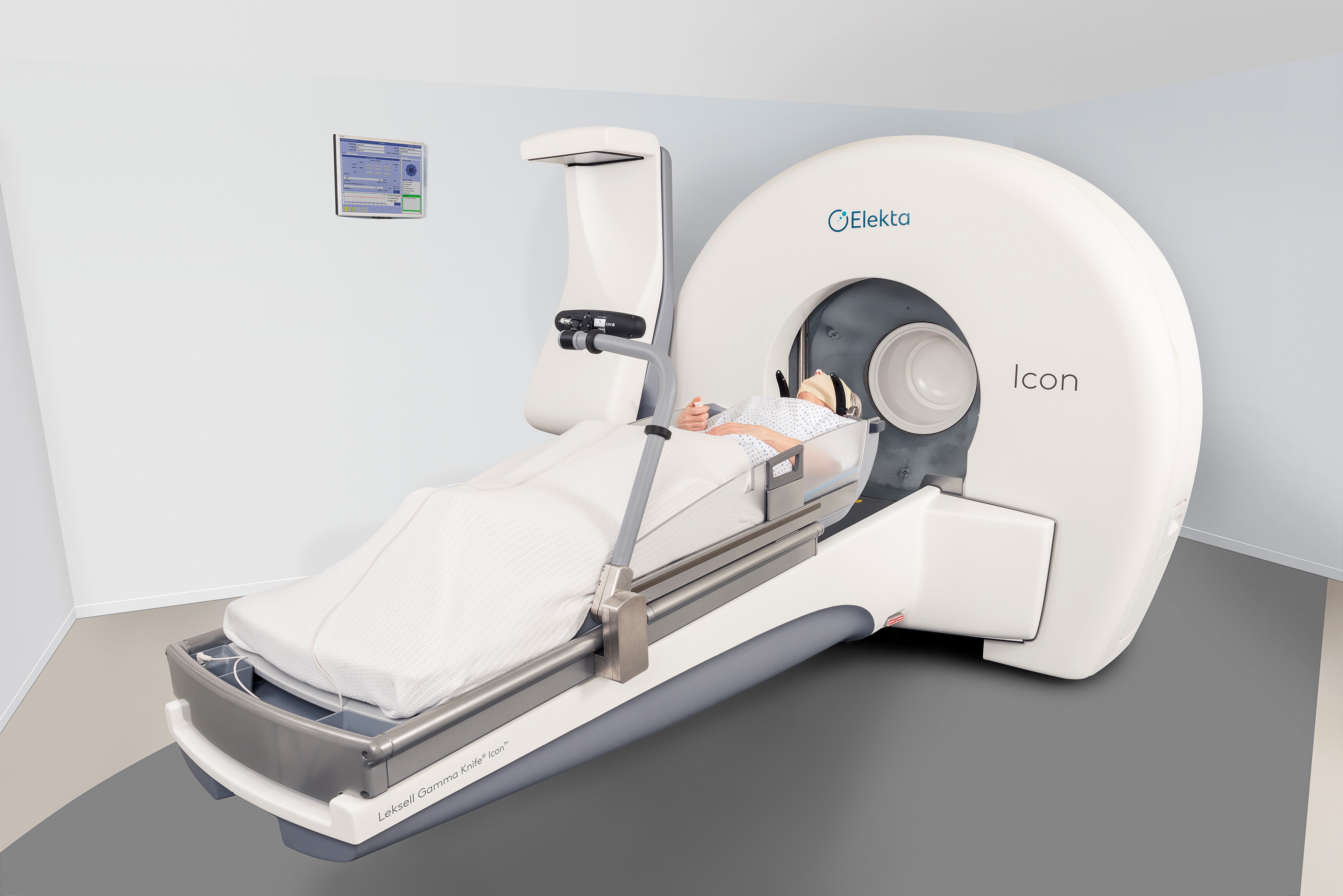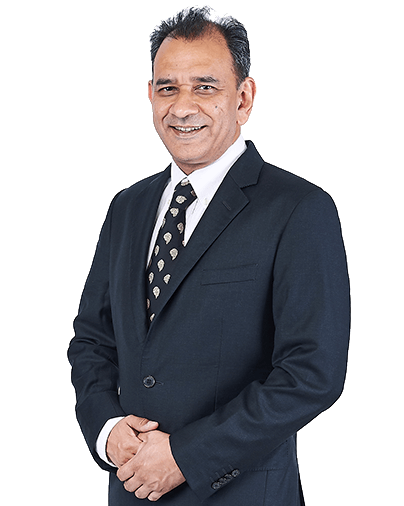It is also commonly used to treat metastases which are tumours that have spread from other parts of the body to the brain. Gamma Knife is also effective in the treatment of vascular lesions such as arterio-venous malformations and cavernomas.
Additionally, GK can be used to treat pain as in trigeminal neuralgia and glossopharyngeal neuralgia, and movement disorders such as Parkinson’s disease, epilepsy and obsessive-compulsive disorders.
About Gamma Knife Radiosurgery
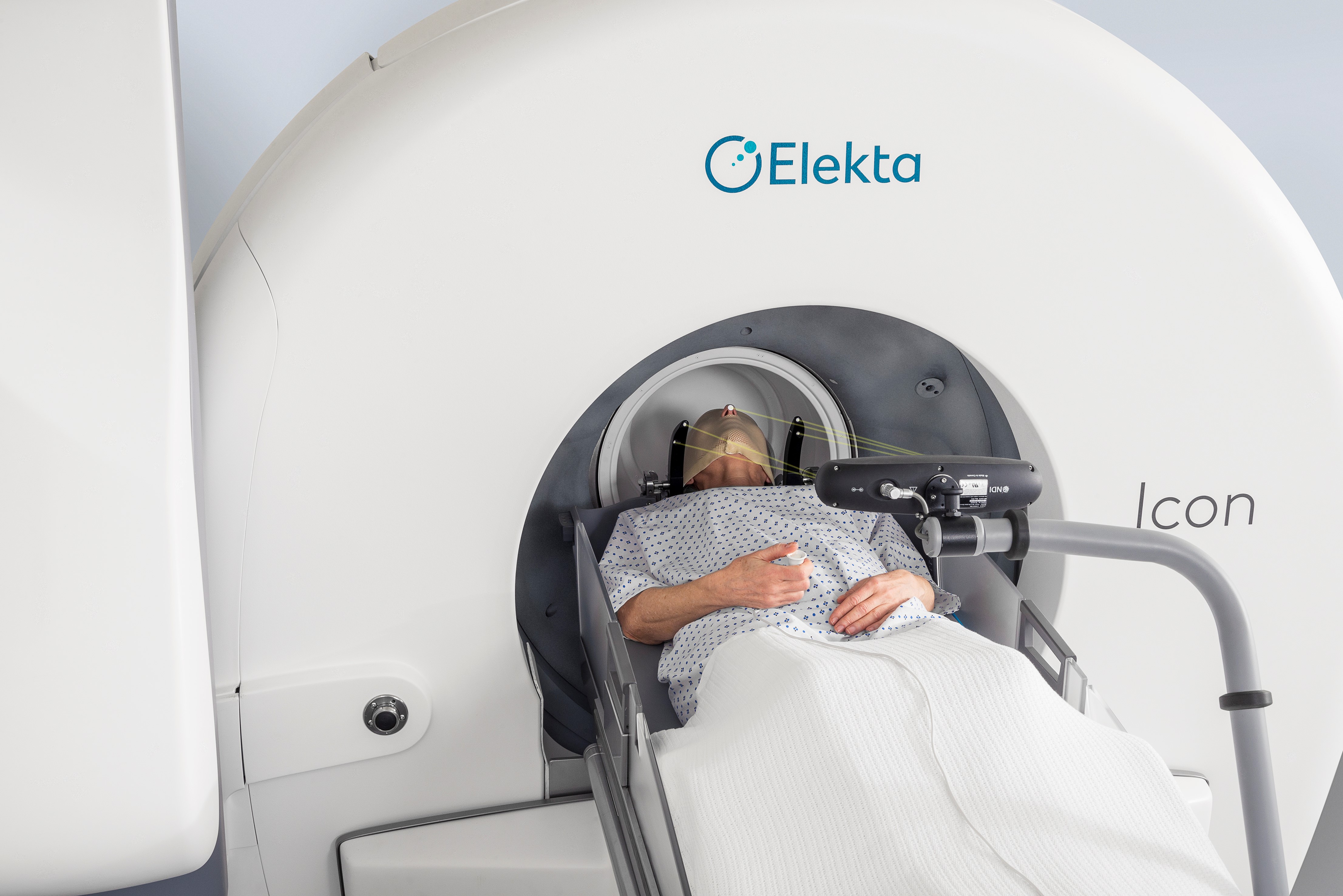
Gamma radiation from a Cobalt 60 source is used in Gamma Knife Radiosurgery
According to Gleneagles Hospital Kuala Lumpur consultant neurosurgeon Dato' Dr Jagdeep Singh Nanra, GK is a highly accurate radiosurgery procedure that is usually performed with the application of a stereotactic frame.
“GK uses many beams of Cobalt 60 radiation from multiple angles to target one specific area in the brain. There are 192 sources of radiation targeting to a point,” he added.
How safe is Gamma Knife Radiosurgery?
"GK can be used as a primary treatment in many brain diseases or as an adjunct to surgery. In general, if a condition is ideal for GK, the associated risks are significantly less," Dato' Dr Jagdeep explained. In most cases, GK could be a one-time therapy completed in a single day to treat the patient’s condition.
On the success rate of GK, Dr Jagdeep said it would depend on the underlying disease, but noted that the results of controlling the brain disease have been effective. “For brain metastases, the advantage is that GK does not affect normal brain tissue, and only targets the treated tumour.
What are the ideal conditions for Gamma Knife Radiosurgery?
"This would depend on many factors, mainly the size of the tumour, location and the proximity of organs at risk. If the size of the tumour is not more than 3-3.5cm, a single session treatment will suffice," Dato' Dr Jagdeep explained.
On the number of tumours that could be treated using GK in a single outpatient procedure, he said: “There is good data of brain metastases of up to 20 tumours.” Additionally, Dato' Dr Jagdeep mentioned that GK could be combined with traditional neurosurgery to control tumour growth or to aim for a complete cure.
“Certain tumours can’t be removed completely due to risks and potential harm to the patient. In these cases, surgery is followed by GK at a later stage,” he shared.
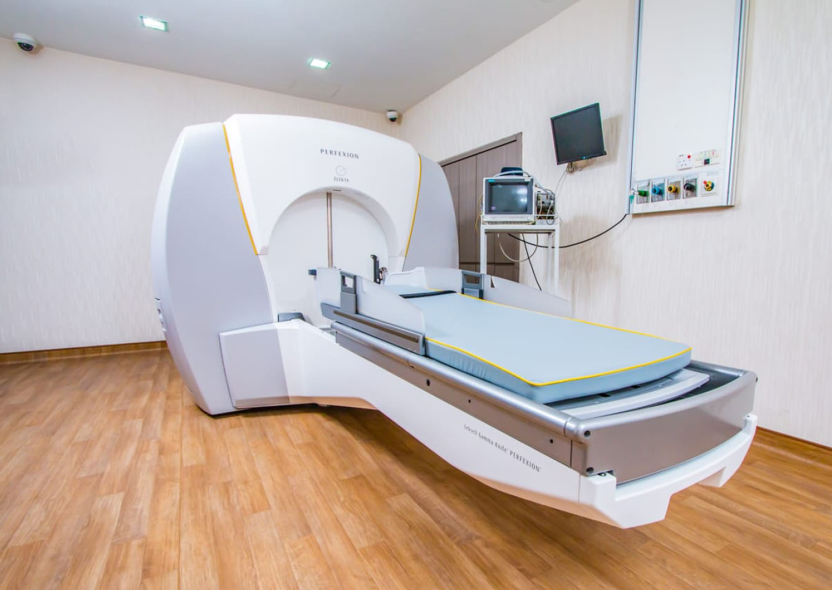
Gamma Knife radiosurgery is commonly used to treat benign or malignant brain tumours
Gamma Knife Radiosurgery Benefits
The Gamma Knife procedure poses a lower risk and the process only takes only a day. “The patient can return to normal activities following treatment. The GK can be repeated if required in the future," Dato' Dr Jagdeep said.
In terms of the risks of GK, he said: “Radiation injury can lead to swelling of the tumour and the surrounding brain. This risk is very low. Other risks also depend on the proximity of critical structures and this depends on the location of the lesion in the brain. As with any radiation treatment, there is a negligible risk of inducing cancer,” he said.
Dr Jagdeep also said the patient could “almost immediately” recover from GK, which could be completed as a daycare or overnight stay patient.
How much does Gamma Knife Radiosurgery Cost?
According to Dato' Dr Jagdeep, it would be about RM38,000 in most cases. “In vascular cases such as arteriovenous malformation (AVM) where the patient will require an angiogram, the cost will be higher,” he added. The GK is jointly performed by a neurosurgeon and an oncologist and is covered by insurance.
Originally posted on The Star, 28 August 2021

